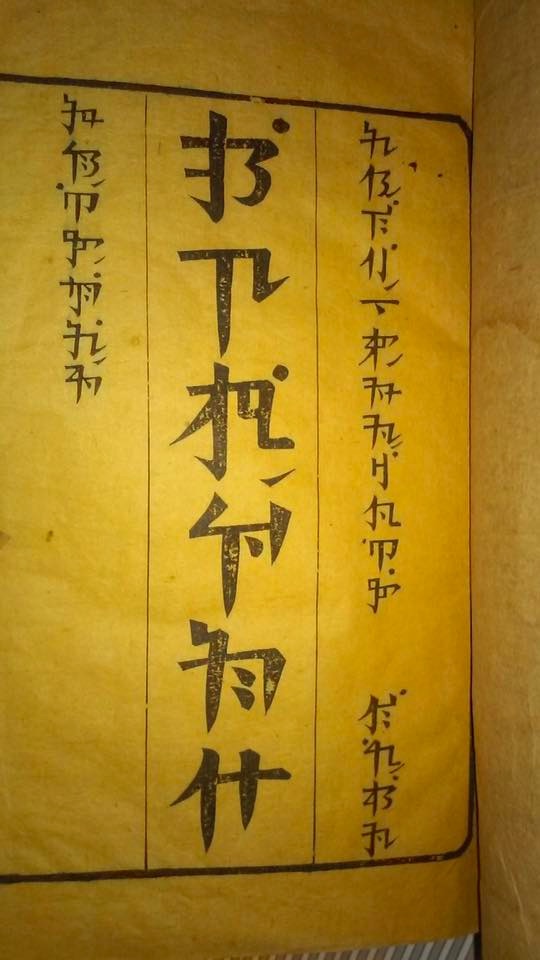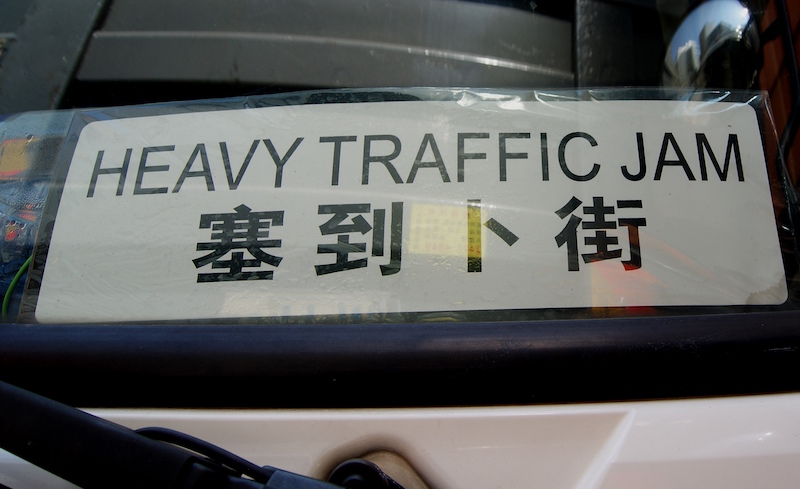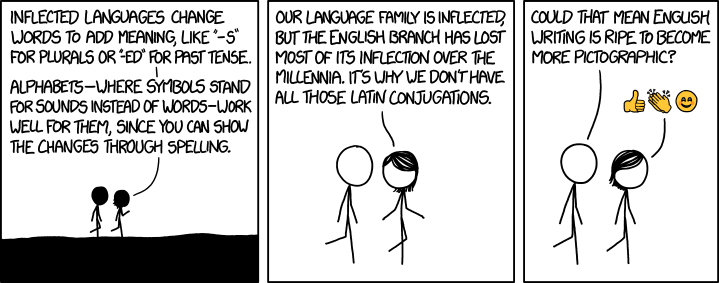Indistinguishable misnegation
David Frum, "Donald Trump's Bad Bet on Anger", The Atlantic 7/21/2016 [emphasis added]:
Donald Trump’s supporters yearn for the country as it was and fear the country as it is. Tonight’s powerfully dystopian Trump nomination acceptance address will touch them at their deepest emotional core. It will ignite a passionate spasm of assent from those many, many Americans—mostly but not exclusively white, mostly but not exclusively less affluent and educated—who experience today as worse than yesterday, and anticipate a tomorrow worse than today.
Don’t think it won’t work. It will work. The speech will be viewed and viewed again, on cable news and social media. The travails and troubles of this dysfunctional convention will recede, even if their implications and consequences linger. Trump’s poll numbers will probably rise. Small-dollar donations will surely flow. Many wavering Republicans will come home—even if the home to which they now return has changed in ways that render it almost indistinguishable from the dwelling it used to be.
Read the rest of this entry »


